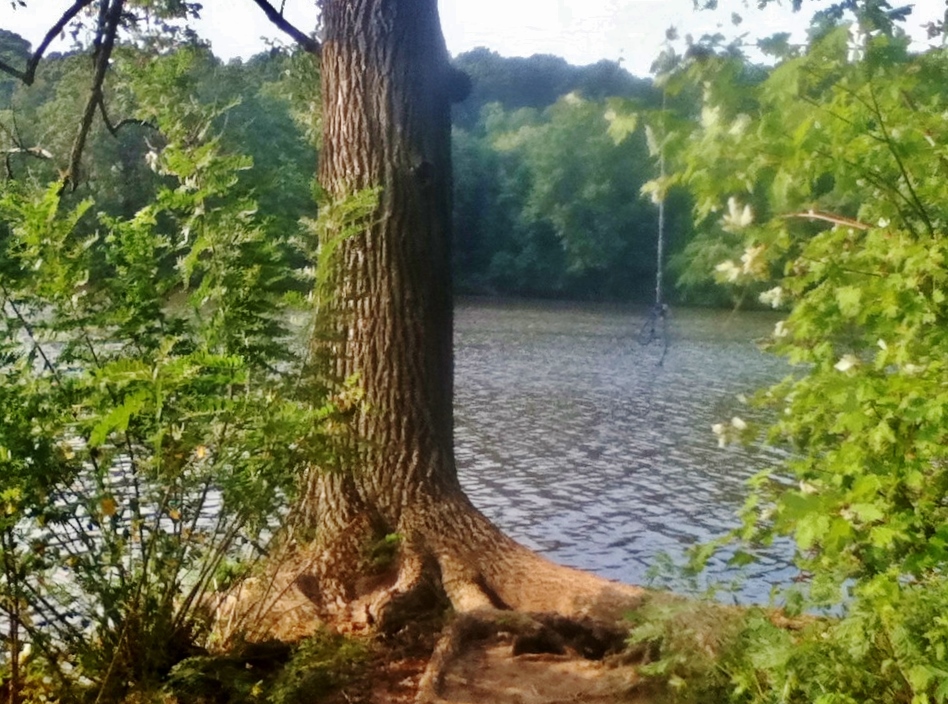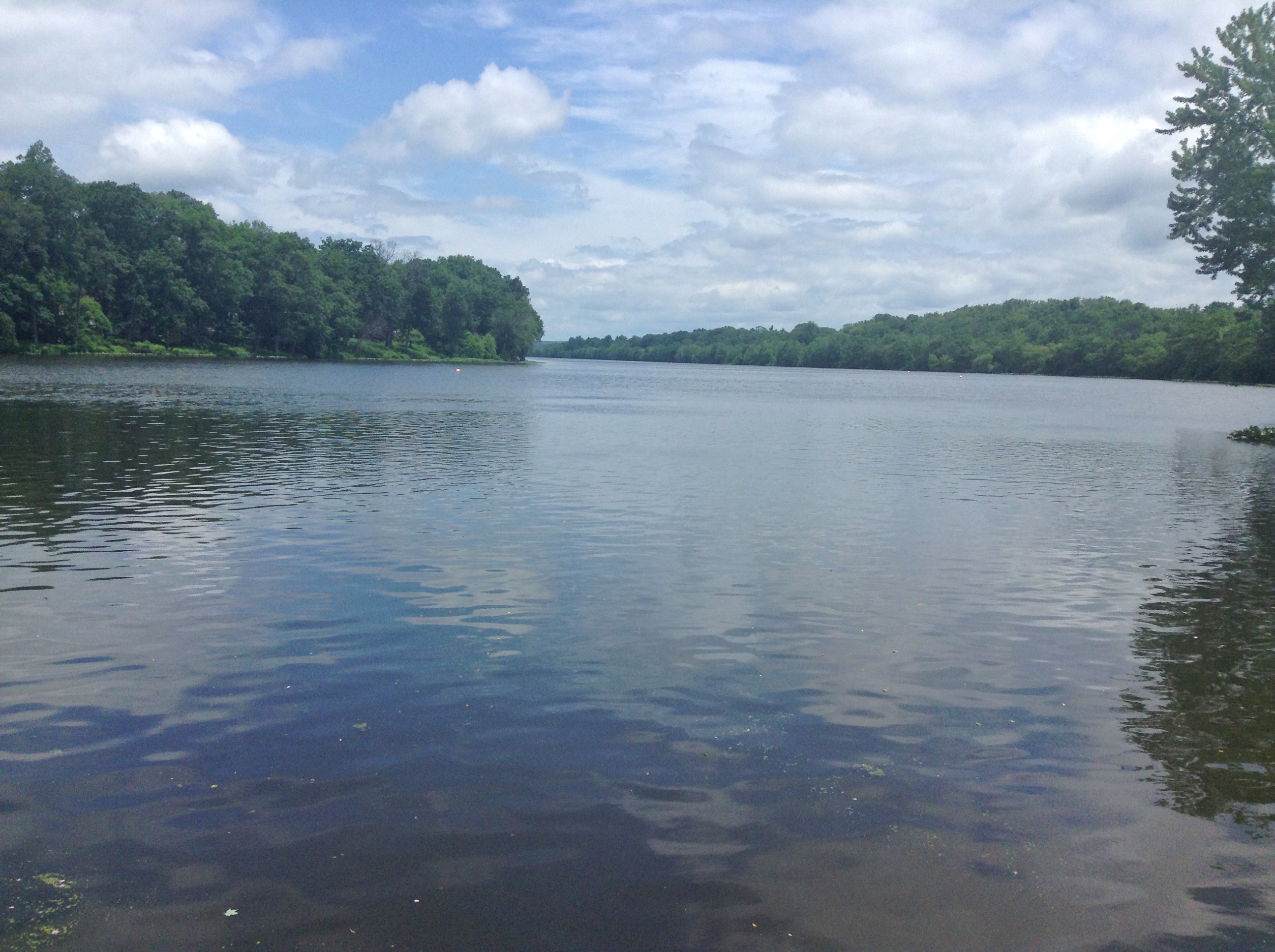When I was accepted to the Princeton University Preparatory Program (PUPP) as a teacher assistant, I panicked. PUPP is a college preparatory program for low income, high-achieving students from school districts near Princeton. Although I had worked with low-income high school students for more than three years back home, Hidalgo County, Texas, is not Mercer County, New Jersey. I wasn’t an alumnus or a “local boy” anymore, and no one cared about my college awareness experience. Furthermore, I was far away from Pharr, Texas, the hometown few people understand but me. I was back on the East Coast where the students call home, and I had much to learn.
At PUPP, my title as a teacher assistant was a slight misnomer; I was always in the company of students. We roamed from building to building — the academic pressure that pervades Princeton during the school year mysteriously absent — attending enrichment classes and eating lunch together. I felt like a teenager again, except when I entered the classroom and fell into the role of class facilitator.
Stuck between the defined roles of college student and teacher, I soon realized the difficulties of connecting with the high school seniors. Every word I uttered or facial expression I made was observed. It was safe to revert to the flippant attitude of adolescence or the strict authority of an adult, but I refused. To make a true impact, I had to transcend my familiar mentorship methods; I needed to be true to myself.
Of the numerous memories this summer that epitomize my attempts at authentic connection, a science class trip to Lake Carnegie to collect water samples comes to mind. I remember the trust and responsibility bestowed on me by necessity to ensure the teachers and students knew where to go, since I was the only one who knew the area well. To them it was a humid diversion in the rut of a summer program; to me it was like sharing an intimate secret. I even revealed where I sit and think. The spot isn’t mine, but in that moment it represented a gateway to a level of connection that I had failed to establish previously.

The students collected their dirty water, and I walked away with the reassurance that I could do this job.
As the weeks passed, I adapted to dozens of personalities that seemed to change from day to day and even within days, schedules that should have worked but didn’t, and energy levels that remained depleted at the beginning of the next work day. I made mistakes. Maybe I should have smiled more. I definitely should have slept more.
But observing the growth of my students during their final PUPP summer institute motivated me to work through the exhaustion. I saw pride on the seniors’ faces as they waited to return home on the last day. When the buses arrived, they hesitated to approach the parking lot. But they boarded, some with tears and others with smiles, and they left to enjoy the remainder of their summer.
And after those buses departed, and I realized my duties were over, I sat awhile by Lake Carnegie watching the waves flap against one another, imagining the students returning home from a summer of triumphs and trials. Then my mind zipped across the swelling land from the East to the South, down to the slums of Pharr where the students I helped and will help are awaiting the day they’ll be “college ready, connected, complete,” the slogan that stains the billboards there, and I thought about my home: the distance between it and here, the comfort it provides and the growth I experience while away, the people I’ve met there and the students I met at PUPP. I was ready to return, but I felt like I had already returned.







